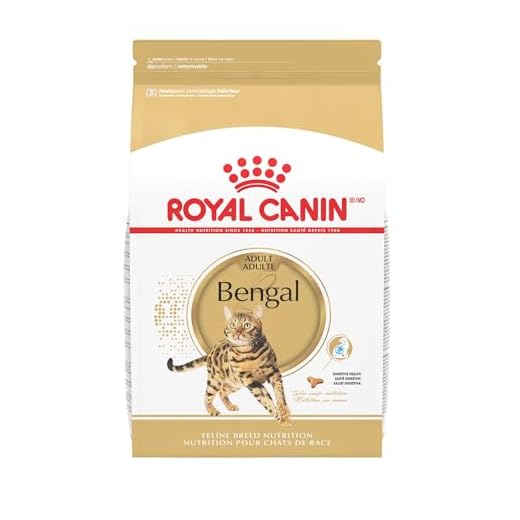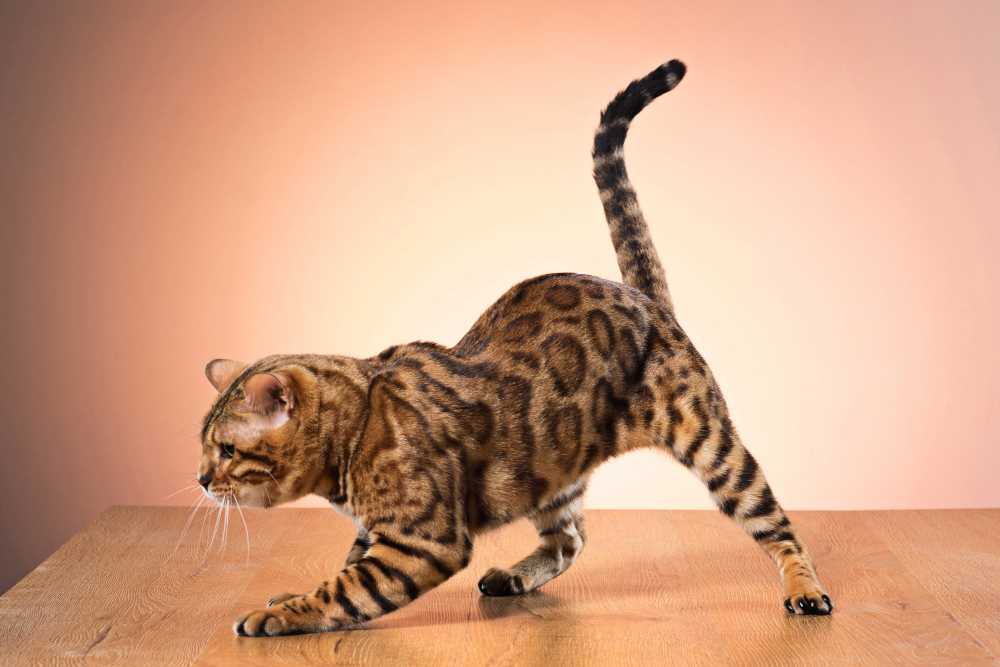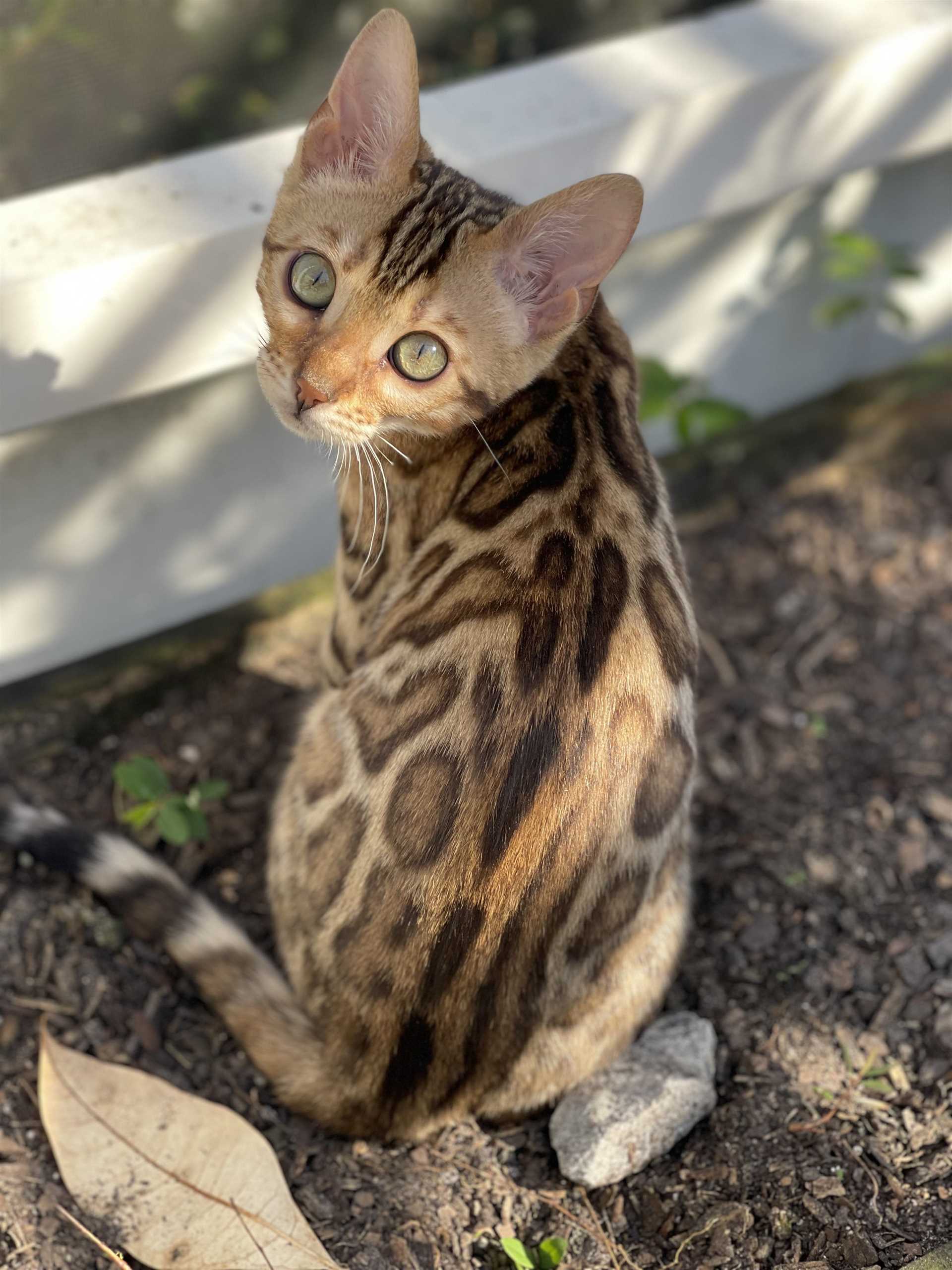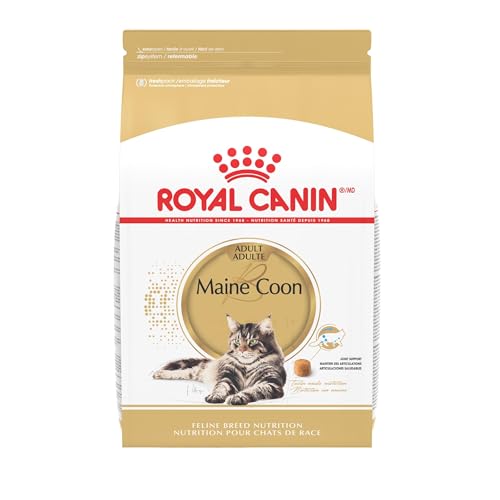

Considering welcoming a spotted feline into your home? Prepare for an initial investment ranging between $1,000 and $4,000, influenced by factors such as pedigree, breeder reputation, and geographical location. This figure represents a significant commitment, ensuring you choose a reputable source that prioritizes the health and well-being of the kittens.
Beyond the purchase price, the ongoing expenses can accumulate quickly. Monthly costs for food, litter, toys, and routine veterinary care can range from $100 to $300. High-quality nutrition is crucial, and specialized diets may be necessary for optimal health, further impacting your budget.
Don’t overlook additional factors such as grooming and potential emergency medical expenses. Regular grooming is advisable, especially for those with longer hair, and unexpected health issues can lead to substantial vet bills. Setting aside an emergency fund of at least $1,000 can provide peace of mind and readiness for any unforeseen circumstances.
Understanding the Costs of Exotic Felines
Choosing to bring a unique feline companion into your home can set you back significantly. Prices typically range from $1,000 to $4,000, depending on factors such as lineage, breeder reputation, and geographical location.
Here are some crucial points to consider:
- Lineage: Premium bloodlines often command higher prices. Kittens from award-winning parents will be on the pricier side.
- Breeder Reputation: Established breeders who prioritize health and socialization may charge more. Investing in a reputable source can save on future veterinary costs.
- Geographical Factors: Prices can vary based on local demand and availability. Urban areas may feature higher costs due to competition.
Keep in mind the ongoing expenses associated with pet ownership:
- Routine veterinary care, including vaccinations and health checks.
- Quality food tailored to their nutritional needs.
- Supplies such as litter, toys, and scratching posts.
It’s essential to consider these factors before making a decision. Additionally, if you’re curious about kitten behavior, you might find insights on why do kittens eat cat litter interesting.
Initial Purchase Cost of Bengal Cats
Expect to allocate between $1,000 and $4,000 for a new furry companion. Prices can vary based on pedigree, breeder reputation, and geographical location. It’s essential to buy from reputable breeders who prioritize the health and well-being of their felines.
Factors Influencing Pricing

The lineage of the feline significantly affects the price. Show-quality specimens, with championship bloodlines, typically command higher costs. Additionally, the age of the kitten plays a role; younger kittens may be priced lower than adults. Unexpected costs can arise if you choose to invest in a rare color variant, as these tend to be more sought after.
Additional Costs to Consider
Beyond the initial purchase, factor in expenses for vaccinations, spaying or neutering, and health checks. Initial setup costs for supplies–such as litter boxes, scratching posts, and toys–can add up. It’s wise to budget for these essentials to ensure a smooth transition for your new friend.
Ongoing Expenses for Caring for Bengal Cats
Feeding high-quality food is a priority. Premium dry and wet options cost between $50 to $100 monthly. Selecting a diet rich in protein and low in fillers ensures optimal health and vitality.
Health Care Requirements
Regular veterinary check-ups are vital. Expect to budget around $200 to $300 annually for vaccinations and routine exams. Unexpected health issues can arise, so having a pet insurance plan can save a significant amount in the long run, with monthly premiums ranging from $20 to $50.
Grooming and Supplies
Maintaining a pristine coat requires grooming tools and products. Allocate about $50 to $100 yearly for brushes and shampoos. Litter, toys, and scratching posts also add to the expenses, averaging $30 to $50 each month. Investing in durable and engaging toys keeps them active and entertained.
Overall, planning for these recurring costs ensures your feline friend remains happy and healthy throughout their life.
Factors Influencing the Price of Bengal Cats
When considering the cost of a Bengal companion, several key elements play a major role. Breeder reputation is significant; those with established credentials and a track record of healthy litters typically charge more. This ensures quality genetics and minimizes health risks.
Lineage also impacts pricing. Cats from champion bloodlines, with impressive pedigrees, command higher prices due to their breeding potential and show quality. The color and pattern of fur are additional factors; unique markings or rare colors can elevate a kitten’s value significantly.
Geographic Location

The area where you purchase a feline can affect its price. Urban regions often have higher costs due to demand and living expenses for breeders. Conversely, rural areas might offer more competitive pricing.
Age and Health Certifications
Age is another consideration. Kittens are generally pricier than adults, especially if they are still in the socialization phase. Health certifications, such as screenings for genetic disorders, can add to the overall cost but provide peace of mind regarding future medical expenses.
FAQ:
What is the average price range for Bengal cats?
The average price for a Bengal cat typically falls between $1,000 and $4,000. Factors such as the cat’s lineage, breeder reputation, and the cat’s age can all influence the price. Show-quality Bengals, which are bred to meet specific standards for competitions, tend to be at the higher end of this range.
Why are Bengal cats so expensive compared to other breeds?
Bengal cats are often more expensive due to their unique appearance and the careful breeding practices involved. They are a hybrid breed, resulting from the crossing of domestic cats with the Asian leopard cat. Responsible breeders invest significant time and resources to ensure the health and temperament of their cats. This attention to detail, combined with the breed’s popularity and distinctive spotted coat, contributes to their higher price tag.
Are there ongoing costs associated with owning a Bengal cat?
Yes, owning a Bengal cat involves various ongoing costs. These can include food, which is often premium quality due to their active nature, regular veterinary check-ups, vaccinations, grooming, and potential pet insurance. Additionally, owners might invest in toys and enrichment activities to keep their Bengal mentally stimulated. It’s advisable to budget for these expenses to ensure a happy and healthy life for the cat.
Can you find Bengal cats for adoption at lower prices?
Yes, it is possible to find Bengal cats available for adoption at lower prices than purchasing from breeders. Rescue organizations and shelters sometimes have Bengals in need of homes. Adoption fees can vary but are generally much lower than breeder prices. However, it’s important to ensure that any adopted cat has been properly assessed for health and behavior to avoid future challenges.
Video:
Considering welcoming a spotted feline into your home? Prepare for an initial investment ranging between $1,000 and $4,000, influenced by factors such as pedigree, breeder reputation, and geographical location. This figure represents a significant commitment, ensuring you choose a reputable source that prioritizes the health and well-being of the kittens.
Beyond the purchase price, the ongoing expenses can accumulate quickly. Monthly costs for food, litter, toys, and routine veterinary care can range from $100 to $300. High-quality nutrition is crucial, and specialized diets may be necessary for optimal health, further impacting your budget.
Don’t overlook additional factors such as grooming and potential emergency medical expenses. Regular grooming is advisable, especially for those with longer hair, and unexpected health issues can lead to substantial vet bills. Setting aside an emergency fund of at least $1,000 can provide peace of mind and readiness for any unforeseen circumstances.
Understanding the Costs of Exotic Felines
Choosing to bring a unique feline companion into your home can set you back significantly. Prices typically range from $1,000 to $4,000, depending on factors such as lineage, breeder reputation, and geographical location.
Here are some crucial points to consider:
- Lineage: Premium bloodlines often command higher prices. Kittens from award-winning parents will be on the pricier side.
- Breeder Reputation: Established breeders who prioritize health and socialization may charge more. Investing in a reputable source can save on future veterinary costs.
- Geographical Factors: Prices can vary based on local demand and availability. Urban areas may feature higher costs due to competition.
Keep in mind the ongoing expenses associated with pet ownership:
- Routine veterinary care, including vaccinations and health checks.
- Quality food tailored to their nutritional needs.
- Supplies such as litter, toys, and scratching posts.
It’s essential to consider these factors before making a decision. Additionally, if you’re curious about kitten behavior, you might find insights on why do kittens eat cat litter interesting.
Initial Purchase Cost of Bengal Cats
Expect to allocate between $1,000 and $4,000 for a new furry companion. Prices can vary based on pedigree, breeder reputation, and geographical location. It’s essential to buy from reputable breeders who prioritize the health and well-being of their felines.
Factors Influencing Pricing

The lineage of the feline significantly affects the price. Show-quality specimens, with championship bloodlines, typically command higher costs. Additionally, the age of the kitten plays a role; younger kittens may be priced lower than adults. Unexpected costs can arise if you choose to invest in a rare color variant, as these tend to be more sought after.
Additional Costs to Consider
Beyond the initial purchase, factor in expenses for vaccinations, spaying or neutering, and health checks. Initial setup costs for supplies–such as litter boxes, scratching posts, and toys–can add up. It’s wise to budget for these essentials to ensure a smooth transition for your new friend.
Ongoing Expenses for Caring for Bengal Cats
Feeding high-quality food is a priority. Premium dry and wet options cost between $50 to $100 monthly. Selecting a diet rich in protein and low in fillers ensures optimal health and vitality.
Health Care Requirements
Regular veterinary check-ups are vital. Expect to budget around $200 to $300 annually for vaccinations and routine exams. Unexpected health issues can arise, so having a pet insurance plan can save a significant amount in the long run, with monthly premiums ranging from $20 to $50.
Grooming and Supplies
Maintaining a pristine coat requires grooming tools and products. Allocate about $50 to $100 yearly for brushes and shampoos. Litter, toys, and scratching posts also add to the expenses, averaging $30 to $50 each month. Investing in durable and engaging toys keeps them active and entertained.
Overall, planning for these recurring costs ensures your feline friend remains happy and healthy throughout their life.
Factors Influencing the Price of Bengal Cats
When considering the cost of a Bengal companion, several key elements play a major role. Breeder reputation is significant; those with established credentials and a track record of healthy litters typically charge more. This ensures quality genetics and minimizes health risks.
Lineage also impacts pricing. Cats from champion bloodlines, with impressive pedigrees, command higher prices due to their breeding potential and show quality. The color and pattern of fur are additional factors; unique markings or rare colors can elevate a kitten’s value significantly.
Geographic Location

The area where you purchase a feline can affect its price. Urban regions often have higher costs due to demand and living expenses for breeders. Conversely, rural areas might offer more competitive pricing.
Age and Health Certifications
Age is another consideration. Kittens are generally pricier than adults, especially if they are still in the socialization phase. Health certifications, such as screenings for genetic disorders, can add to the overall cost but provide peace of mind regarding future medical expenses.
FAQ:
What is the average price range for Bengal cats?
The average price for a Bengal cat typically falls between $1,000 and $4,000. Factors such as the cat’s lineage, breeder reputation, and the cat’s age can all influence the price. Show-quality Bengals, which are bred to meet specific standards for competitions, tend to be at the higher end of this range.
Why are Bengal cats so expensive compared to other breeds?
Bengal cats are often more expensive due to their unique appearance and the careful breeding practices involved. They are a hybrid breed, resulting from the crossing of domestic cats with the Asian leopard cat. Responsible breeders invest significant time and resources to ensure the health and temperament of their cats. This attention to detail, combined with the breed’s popularity and distinctive spotted coat, contributes to their higher price tag.
Are there ongoing costs associated with owning a Bengal cat?
Yes, owning a Bengal cat involves various ongoing costs. These can include food, which is often premium quality due to their active nature, regular veterinary check-ups, vaccinations, grooming, and potential pet insurance. Additionally, owners might invest in toys and enrichment activities to keep their Bengal mentally stimulated. It’s advisable to budget for these expenses to ensure a happy and healthy life for the cat.
Can you find Bengal cats for adoption at lower prices?
Yes, it is possible to find Bengal cats available for adoption at lower prices than purchasing from breeders. Rescue organizations and shelters sometimes have Bengals in need of homes. Adoption fees can vary but are generally much lower than breeder prices. However, it’s important to ensure that any adopted cat has been properly assessed for health and behavior to avoid future challenges.
Video:
Considering welcoming a spotted feline into your home? Prepare for an initial investment ranging between $1,000 and $4,000, influenced by factors such as pedigree, breeder reputation, and geographical location. This figure represents a significant commitment, ensuring you choose a reputable source that prioritizes the health and well-being of the kittens.
Beyond the purchase price, the ongoing expenses can accumulate quickly. Monthly costs for food, litter, toys, and routine veterinary care can range from $100 to $300. High-quality nutrition is crucial, and specialized diets may be necessary for optimal health, further impacting your budget.
Don’t overlook additional factors such as grooming and potential emergency medical expenses. Regular grooming is advisable, especially for those with longer hair, and unexpected health issues can lead to substantial vet bills. Setting aside an emergency fund of at least $1,000 can provide peace of mind and readiness for any unforeseen circumstances.
Understanding the Costs of Exotic Felines
Choosing to bring a unique feline companion into your home can set you back significantly. Prices typically range from $1,000 to $4,000, depending on factors such as lineage, breeder reputation, and geographical location.
Here are some crucial points to consider:
- Lineage: Premium bloodlines often command higher prices. Kittens from award-winning parents will be on the pricier side.
- Breeder Reputation: Established breeders who prioritize health and socialization may charge more. Investing in a reputable source can save on future veterinary costs.
- Geographical Factors: Prices can vary based on local demand and availability. Urban areas may feature higher costs due to competition.
Keep in mind the ongoing expenses associated with pet ownership:
- Routine veterinary care, including vaccinations and health checks.
- Quality food tailored to their nutritional needs.
- Supplies such as litter, toys, and scratching posts.
It’s essential to consider these factors before making a decision. Additionally, if you’re curious about kitten behavior, you might find insights on why do kittens eat cat litter interesting.
Initial Purchase Cost of Bengal Cats
Expect to allocate between $1,000 and $4,000 for a new furry companion. Prices can vary based on pedigree, breeder reputation, and geographical location. It’s essential to buy from reputable breeders who prioritize the health and well-being of their felines.
Factors Influencing Pricing

The lineage of the feline significantly affects the price. Show-quality specimens, with championship bloodlines, typically command higher costs. Additionally, the age of the kitten plays a role; younger kittens may be priced lower than adults. Unexpected costs can arise if you choose to invest in a rare color variant, as these tend to be more sought after.
Additional Costs to Consider
Beyond the initial purchase, factor in expenses for vaccinations, spaying or neutering, and health checks. Initial setup costs for supplies–such as litter boxes, scratching posts, and toys–can add up. It’s wise to budget for these essentials to ensure a smooth transition for your new friend.
Ongoing Expenses for Caring for Bengal Cats
Feeding high-quality food is a priority. Premium dry and wet options cost between $50 to $100 monthly. Selecting a diet rich in protein and low in fillers ensures optimal health and vitality.
Health Care Requirements
Regular veterinary check-ups are vital. Expect to budget around $200 to $300 annually for vaccinations and routine exams. Unexpected health issues can arise, so having a pet insurance plan can save a significant amount in the long run, with monthly premiums ranging from $20 to $50.
Grooming and Supplies
Maintaining a pristine coat requires grooming tools and products. Allocate about $50 to $100 yearly for brushes and shampoos. Litter, toys, and scratching posts also add to the expenses, averaging $30 to $50 each month. Investing in durable and engaging toys keeps them active and entertained.
Overall, planning for these recurring costs ensures your feline friend remains happy and healthy throughout their life.
Factors Influencing the Price of Bengal Cats
When considering the cost of a Bengal companion, several key elements play a major role. Breeder reputation is significant; those with established credentials and a track record of healthy litters typically charge more. This ensures quality genetics and minimizes health risks.
Lineage also impacts pricing. Cats from champion bloodlines, with impressive pedigrees, command higher prices due to their breeding potential and show quality. The color and pattern of fur are additional factors; unique markings or rare colors can elevate a kitten’s value significantly.
Geographic Location

The area where you purchase a feline can affect its price. Urban regions often have higher costs due to demand and living expenses for breeders. Conversely, rural areas might offer more competitive pricing.
Age and Health Certifications
Age is another consideration. Kittens are generally pricier than adults, especially if they are still in the socialization phase. Health certifications, such as screenings for genetic disorders, can add to the overall cost but provide peace of mind regarding future medical expenses.
FAQ:
What is the average price range for Bengal cats?
The average price for a Bengal cat typically falls between $1,000 and $4,000. Factors such as the cat’s lineage, breeder reputation, and the cat’s age can all influence the price. Show-quality Bengals, which are bred to meet specific standards for competitions, tend to be at the higher end of this range.
Why are Bengal cats so expensive compared to other breeds?
Bengal cats are often more expensive due to their unique appearance and the careful breeding practices involved. They are a hybrid breed, resulting from the crossing of domestic cats with the Asian leopard cat. Responsible breeders invest significant time and resources to ensure the health and temperament of their cats. This attention to detail, combined with the breed’s popularity and distinctive spotted coat, contributes to their higher price tag.
Are there ongoing costs associated with owning a Bengal cat?
Yes, owning a Bengal cat involves various ongoing costs. These can include food, which is often premium quality due to their active nature, regular veterinary check-ups, vaccinations, grooming, and potential pet insurance. Additionally, owners might invest in toys and enrichment activities to keep their Bengal mentally stimulated. It’s advisable to budget for these expenses to ensure a happy and healthy life for the cat.
Can you find Bengal cats for adoption at lower prices?
Yes, it is possible to find Bengal cats available for adoption at lower prices than purchasing from breeders. Rescue organizations and shelters sometimes have Bengals in need of homes. Adoption fees can vary but are generally much lower than breeder prices. However, it’s important to ensure that any adopted cat has been properly assessed for health and behavior to avoid future challenges.









